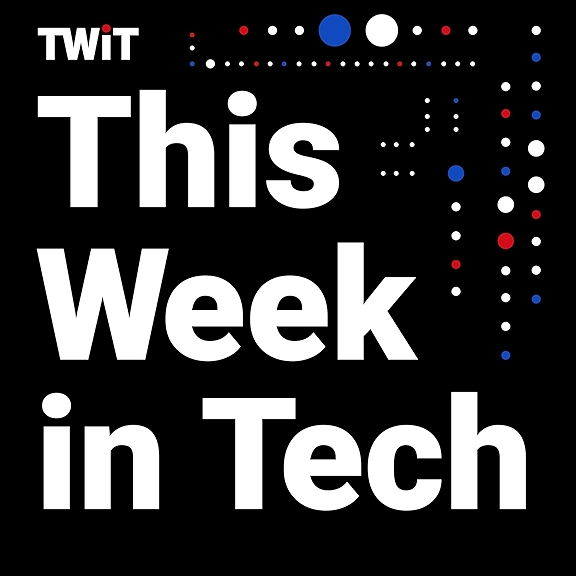
The Big Debate: Commercial vs. Open-Source Automation Tools — With Antwan Maddox and Greg Burdick
Welcome to another episode of Automation Explanation, an Agile Thought Podcast, where you will learn about quality through automated testing and its place in modern software development.
This week, your hosts, Antwan Maddox and Greg Burdick are talking about the big debate: commercial vs. open-source automation tools. Antwan and Greg explore every aspect of the important decision regarding choosing an automation tool. Listen to this episode to know the pros and cons of both open-source and commercial automation tools, and remember, automation is an art and it is never obvious which is the right tool for you.
Key Takeaways
- A brief history of the debate between commercial vs open-source automation tools.
-
- In the ’90s, solutions started to be packed to get over the market to tackle the texting complexity of web apps or servers.
- The enthusiasm for improvements in automation continued throughout the years.
- Low-end and inexpensive web products appeared but later became more costly.
- Commercial tools and open source automation tools started to compete.
- The shift was caused by different development practices.
- What about using a “mixed bag” of different tools for Development, Agile, and tracking?
-
- Whatever tools that you are using have to match or atleast support the application style; they have to integrate with the current development tooling.
- What does it mean, this debate about commercial vs. open-source automation tools?
-
- Open-source automation tools can be downloaded and just used.
- Commercial tools are usually paid for and are developed in-house by a vendor.
- The testing challenges.
-
- Today testing runs by a continuous-delivery model. Wanting to test more frequently introduces complexity as well as trying to give shorter feedback loops.
- Fast maintainability and the creation of scripts are also challenges.
- Achieving greater coverage is another challenge.
- Pros and cons of commercial and open-source automation tools.
-
- The pros of open-source automation tools are:
-
- Open-source tools are mostly free and are specifically code-based (requiring intimate knowledge of coding and development).
- They are easy to integrate and easy to use.
- There is no vendor locking.
- These open-source tools are constantly being enhanced.
- The cons of the open-source tools are:
-
- Some have a hidden cost.
- Lack of support.
- There are threats to safety and security.
- You need to know about code and programming to be able to use them.
- The pros of commercial automation tools are:
-
- They are codeless.
- They have embedded frameworks involved.
- They usually have more liability as a result of the time they have been on the market.
- No threats to safety and security.
- The cons of commercial automation tools are:
-
- There might be a vendor lock-in.
- They can be expensive.
- Picking a tool must depend on your needs and business goals.
-
- Make sure the tool meets the skills of your team and the current development text app.
- You need to know how long this tool has been used, and if it has been enhanced.
- Automation is not obvious; picking the right tool at the right time has to follow a lot of considerations.
- How to choose an automation tool:
-
- The budget should not be the main aspect to consider.
- Be ethical.
- Keep in mind that open-source tools are not necessarily less valuable than commercial tools.
- Get what you paid for!
- While choosing an automation tool try to maintain your situational awareness.
- Remember that you never want the tool to drive your strategy, the strategy needs to be upfront.
- Collaboration is key to choosing the right automation tool.
Want to Learn More or Get in Touch?
Visit the website and catch up with all the episodes on AgileThought.com!
Email your thoughts or suggestions to Podcast@AgileThought.com or Tweet @AgileThought using #AgileThoughtPodcast!




















